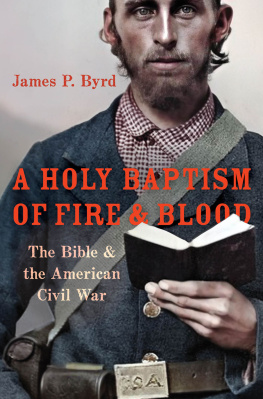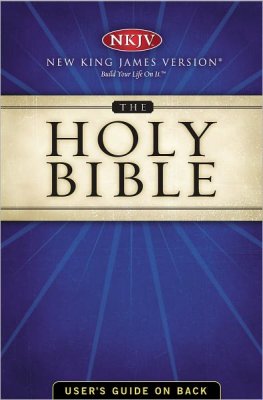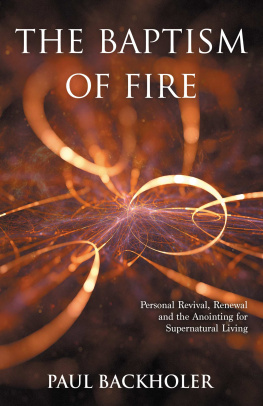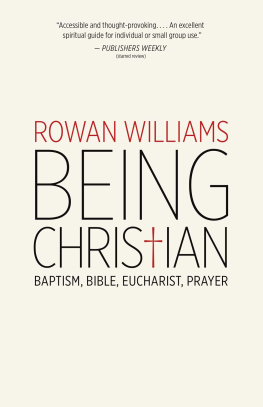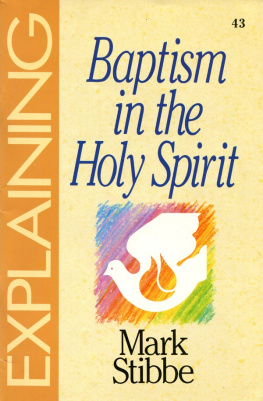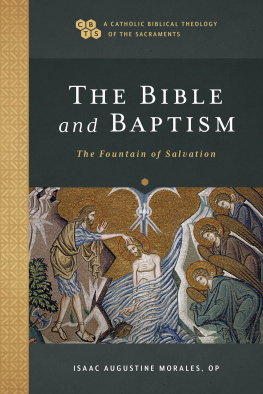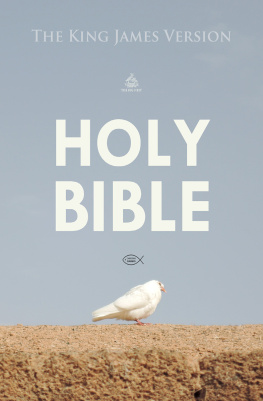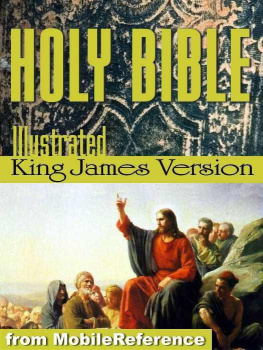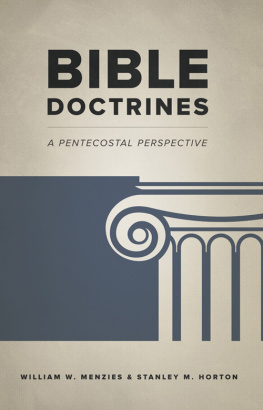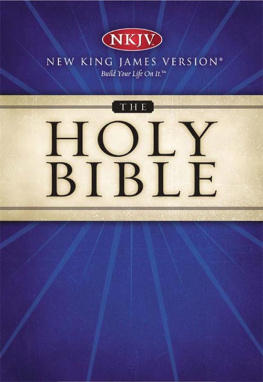A Holy Baptism of Fire and Blood

Oxford University Press is a department of the University of Oxford. It furthers the Universitys objective of excellence in research, scholarship, and education by publishing worldwide. Oxford is a registered trade mark of Oxford University Press in the UK and certain other countries.
Published in the United States of America by Oxford University Press
198 Madison Avenue, New York, NY 10016, United States of America.
Oxford University Press 2021
All rights reserved. No part of this publication may be reproduced, stored in a retrieval system, or transmitted, in any form or by any means, without the prior permission in writing of Oxford University Press, or as expressly permitted by law, by license, or under terms agreed with the appropriate reproduction rights organization. Inquiries concerning reproduction outside the scope of the above should be sent to the Rights Department, Oxford University Press, at the address above.
You must not circulate this work in any other form and you must impose this same condition on any acquirer.
Library of Congress Cataloging-in-Publication Data
Names: Byrd, James P., 1965 author.
Title: A holy baptism of fire and blood : the Bible and the
American Civil War / James P. Byrd.
Description: New York, NY : Oxford University Press, [2021] |
Includes bibliographical references and index.
Identifiers: LCCN 2020028349 (print) | LCCN 2020028350 (ebook) |
ISBN 9780190902797 (hardback) | ISBN 9780190902810 (epub)
Subjects: LCSH: BibleStudy and teachingUnited StatesHistory
19th century. | Bible and politicsUnited StatesHistory19th century. |
WarReligious aspectsChristianityHistory19th century. |
Religion and politicsUnited States. | United StatesHistoryCivil War,
18611865Religious aspectsChristianity. | United States
Religion19th century. | United StatesReligious life and customs.
Classification: LCC E635 .B98 2020 (print) | LCC E635 (ebook) |
DDC 277.3/081dc23
LC record available at https://lccn.loc.gov/2020028349
LC ebook record available at https://lccn.loc.gov/2020028350
DOI: 10.1093/oso/9780190902797.001.0001
In memory Linda Byrd Earley
Contents
I am grateful for the advice of friends and colleagues who helped me to write this book. Lincoln Mullens expertise in digital humanities, particularly his use of machine learning to identify biblical verses in text files, allowed me to draw from extensive databases of biblical citations. Mullen also read the entire manuscript and offered many helpful suggestions. I am also grateful to Douglas Sweeney, who read the proposal and offered valuable insights, and to Chris Benda, who gave me a helpful assessment of an early chapter. Special thanks go to the research assistants who helped me to retrieve primary sources, convert them to electronic format, and organize biblical citations into various databases. Jennifer Axsom Adler, Alex Ayris, Noah Frens, and Alan Murphy were graduate students in religious history at Vanderbilt when they worked on this project. Their work made this a much better book than it would have been otherwise. Rachel G. McKane, a graduate student in sociology, was incredibly helpful with her expertise in R programming. Early in the project, Jacob Berexa assisted in developing the bibliography of primary sources. In the late stages of the work, Glenda Mernaugh reviewed the full manuscript and made useful suggestions. The peer reviewers for Oxford University Press offered valuable recommendations on the proposal and the final manuscript. My thanks go to the editors at Oxford University Press who did an outstanding job on this book. It was a delight to work with Theo Calderara, Editor-in-Chief of Humanities, who made excellent suggestions at every point in the process. I also want to thank Suganya Elango, the production editor who brought this book to its conclusion. I greatly appreciate the support and friendship of my faculty and administrative colleagues at Vanderbilt. Most of all, I am thankful for my family, especially my wife, Karen Byrd, and our daughters, Olivia and Caroline.
James P. Byrd
September 2020
But Lincolns famous speech was only the most prominent example of biblically infused wartime rhetoric.

